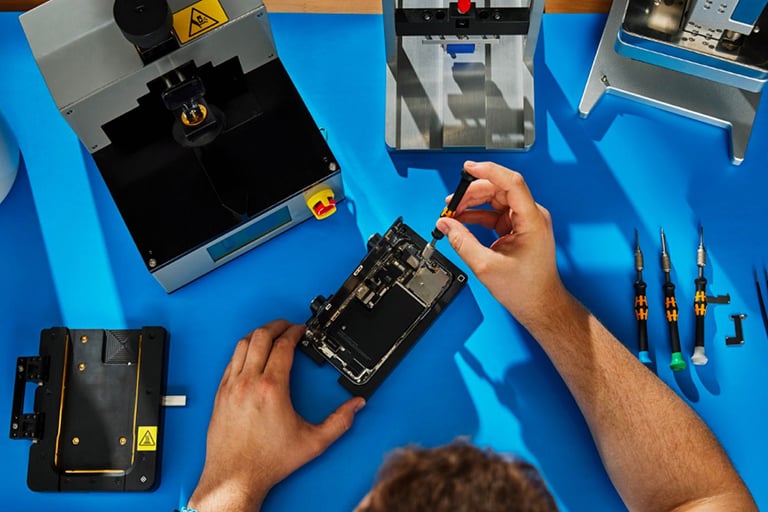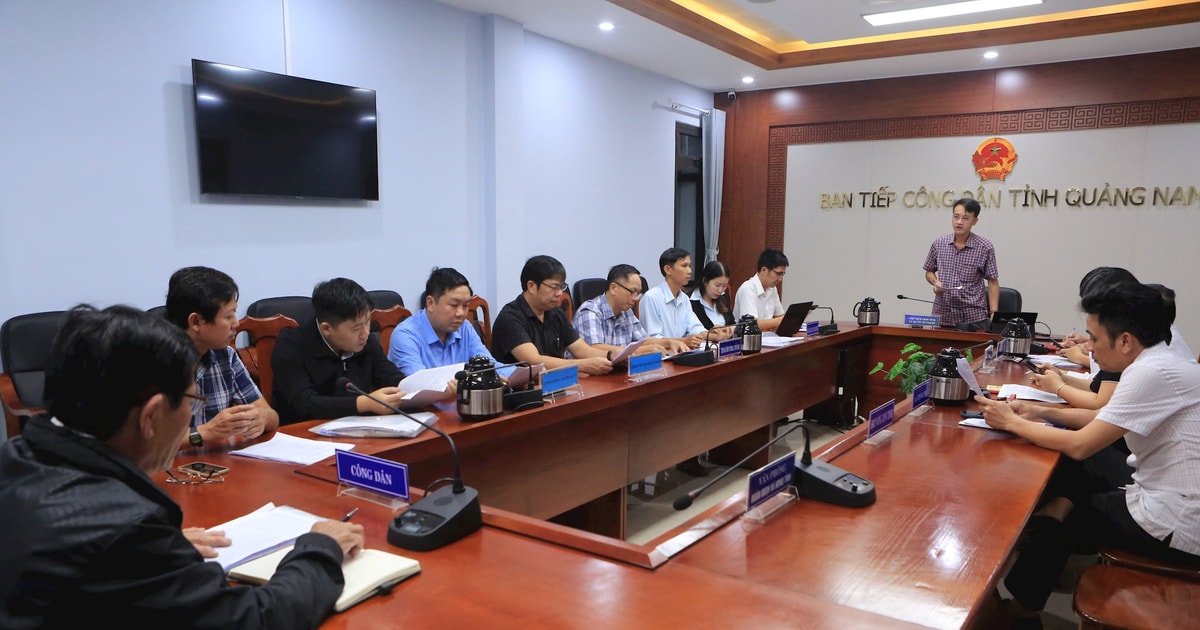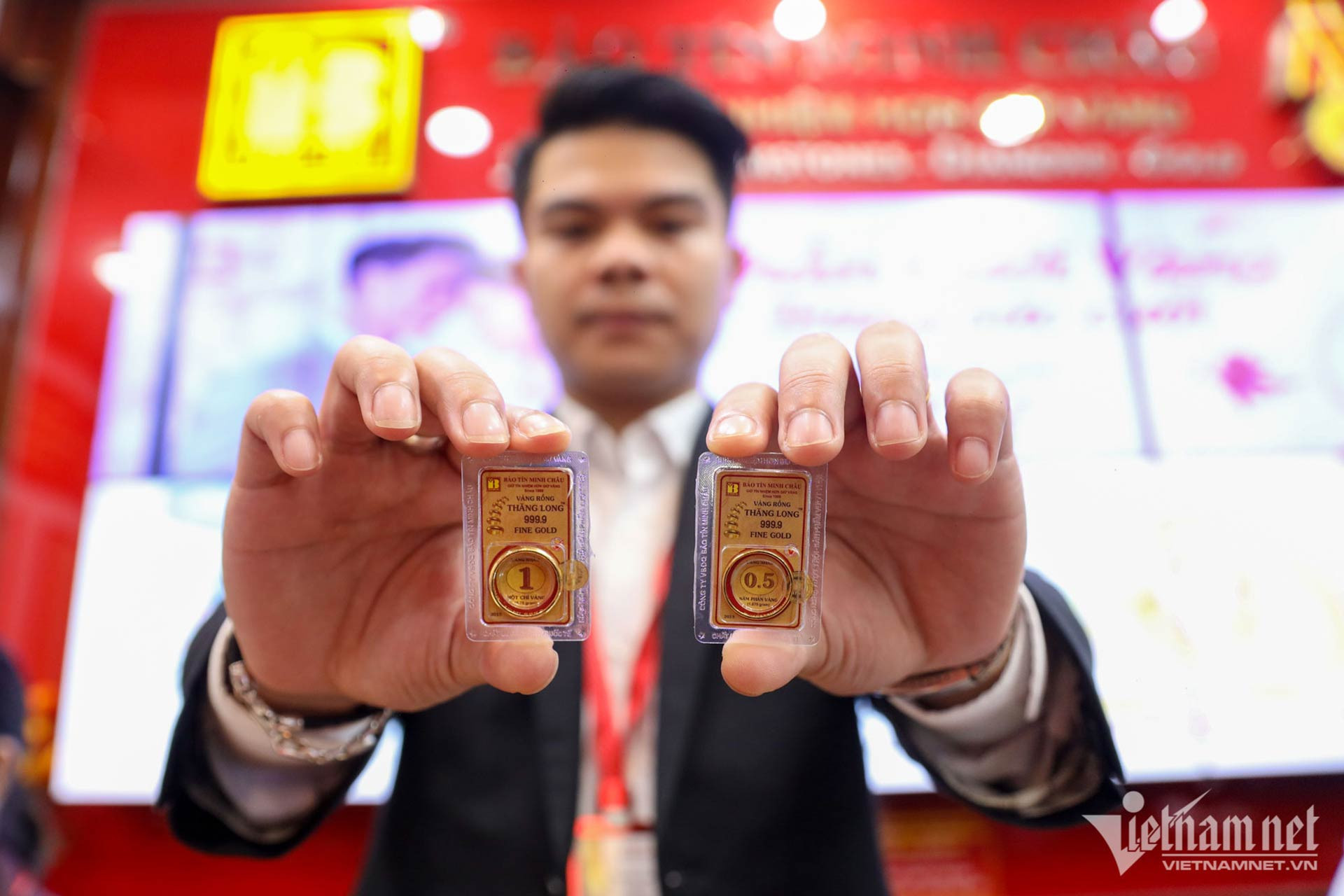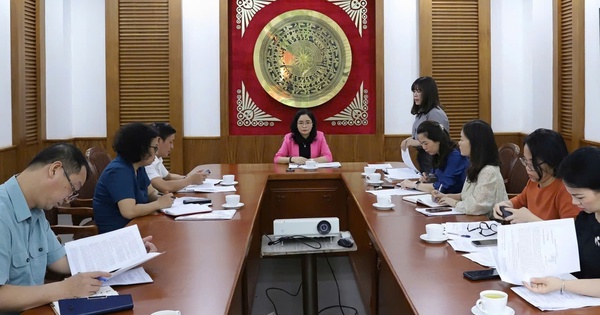According to AppleInsider , when using Apple's self-repair program, customers are required to provide their device's serial number when ordering parts for products like iPhones and Macs. Additionally, any part obtained through the program must be a match for the specific intended device, ensuring compatibility and proper installation.

Apple still has limitations in offering iPhone self-repair program
However, the French association Halte l'Obsolescence Programme (HOP) complained that Apple's policy of using serialized parts allowed it to restrict repairs to authorized repair providers and to restrict devices that did not use certified parts. HOP called on Apple to "guarantee the right to repair devices in accordance with the logic of a truly circular economy." As a result, France has opened an investigation into Apple over the allegations to determine whether the company deliberately planned to make iPhones obsolete due to these repair restrictions.
HOP filed a lawsuit against Apple in 2017 for intentionally slowing down the maximum performance of some older iPhone models after their batteries degraded. After Apple admitted to intentionally slowing down older iPhones, saying it was to prevent unexpected shutdowns and damage to the iPhone’s electronic components, the company faced numerous legal challenges. Critics and plaintiffs argued that the policy, whether intentional or not, was designed to push users to buy new iPhones.
As a result, in 2020, Apple reached a settlement to pay $27.4 million for failing to notify iPhone users that software updates could potentially reduce the performance of older devices.
Source link



![[Photo] Prime Minister Pham Minh Chinh receives Mr. Jefferey Perlman, CEO of Warburg Pincus Group (USA)](https://vstatic.vietnam.vn/vietnam/resource/IMAGE/2025/4/18/c37781eeb50342f09d8fe6841db2426c)



























































































Comment (0)